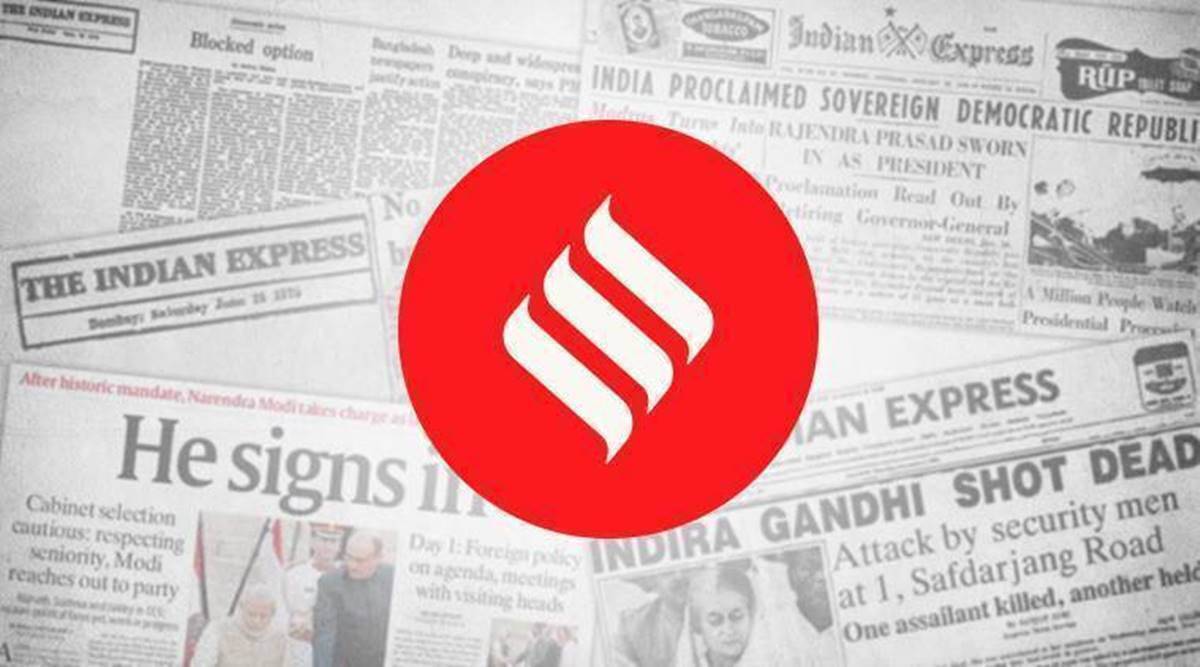 The first is to securely evacuate Indian diplomatic personnel and other citizens from Afghanistan.
The first is to securely evacuate Indian diplomatic personnel and other citizens from Afghanistan. The dramatic events in Kabul over the weekend have shocked India, which seemed quite unprepared like much of the world for a precipitous collapse of the government headed by Ashraf Ghani. Through the last few weeks, Delhi had stiffened its opposition to the Taliban and doubled down its support for Kabul. This was reinforced by the broader Indian elite and popular sentiment in favour of Kabul. The genuine warmth for the Afghan people and a deep commitment for their welfare might have prevented India from recognising the weaknesses of the government in Kabul. Delhi had also perhaps overestimated the domestic political support in Washington for a strong posture against the Taliban and the Biden Administration’s ability to manage the end-game of its plan to withdraw all troops from Afghanistan. While a post-mortem of the developments in Afghanistan must take place at an appropriate time, Delhi’s current focus must be on addressing the immediate challenges confronting it in Afghanistan.
The first is to securely evacuate Indian diplomatic personnel and other citizens from Afghanistan. This will require a major logistical effort. The government of India must also offer refuge to a large number of those Afghans who have worked with Indian initiatives and are desperate to avoid potential retribution from the Taliban. The second is diplomatic. As the world deals with new facts on the ground created by the Taliban, Delhi must make all possible efforts to get the international community to hold the Taliban to its word on letting all foreigners leave in peace, protecting the lives of all Afghan citizens, including those who worked with the government and foreign institutions, and respecting international humanitarian law. The reports from various cities in Afghanistan, including from Kabul, suggest the opposite.
As a non-permanent member of the UN Security Council, Delhi will have a voice in shaping the international debate on the situation in Afghanistan. India also chairs the Taliban Sanctions Committee of the UNSC and will have an important role in framing the international response to the Taliban’s demands for the lifting of all sanctions against its leaders. India also must step up its diplomatic outreach to all the major powers and key regional actors to develop political and policy coordination in responding to the dynamic situation in Afghanistan. Meanwhile, delivering international humanitarian assistance to the large number of Afghan people displaced by fighting in the last few weeks must be taken up as a high priority at the UN. The final challenge is domestic. As Islamabad’s triumphalism at the successful re-installation of the Taliban begins to rise and Pakistan-based jihadi groups turn their attention to Kashmir, tensions are bound to rise on India’s western borders. Delhi must maintain vigil against a resurgence of cross-border terrorism that could quickly destabilise Kashmir and escalate the conflict between India and Pakistan.
- The Indian Express website has been rated GREEN for its credibility and trustworthiness by Newsguard, a global service that rates news sources for their journalistic standards.

